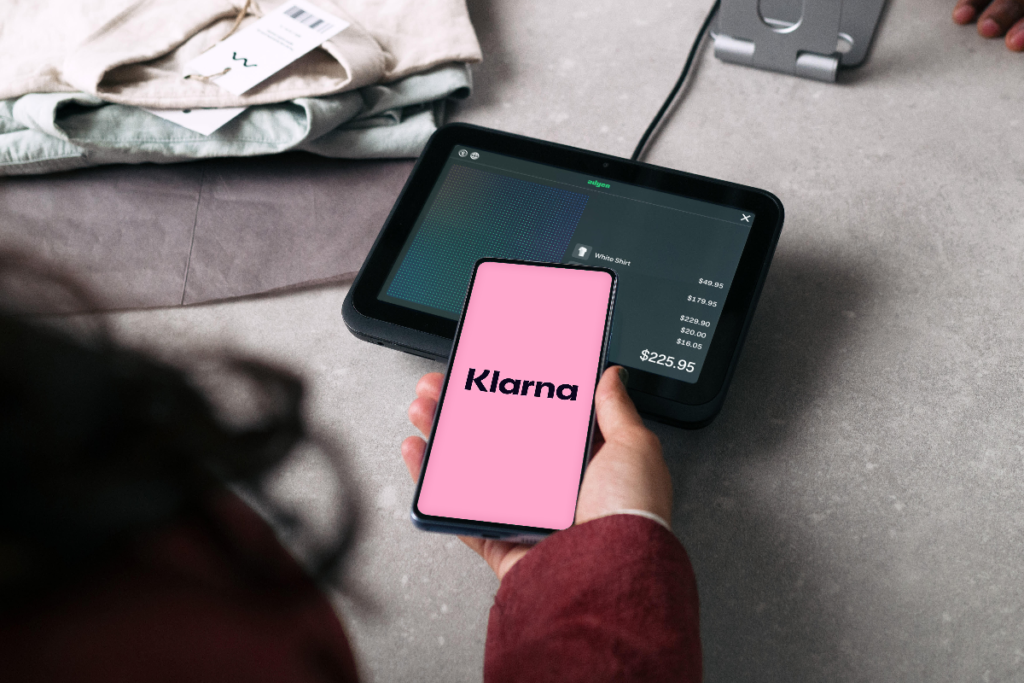| Updated:

Klarna said its network of UK merchants has grown by roughly a third over the last year in a sign of booming demand for buy-now pay-later (BNPL) services among British consumers.
The Swedish fintech has 41,496 merchant partners in the UK as of October, up from around 30,000 a year ago, according to figures shared with City AM by Klarna.
The biggest partners Klarna has struck UK deals with over the last year include Argos, Airbnb, and Boots’ website and app.
Klarna makes the bulk of its revenue from merchant fees and is looking to grow its UK network into new sectors. Last month, it revealed a partnership with small business platform Xero that could enable consumers to use BNPL for plumbing and car repairs.
It is also targeting more physical stores through a deal with fellow fintech giant Adyen that will incorporate Klarna as a payment option in the Dutch firm’s more than 450,000 payment terminals.
BNPL providers like Klarna, Zilch and Clearpay have exploded in popularity in recent years as their mostly interest-free instalment loans draw in millions of Britons seeking alternatives to credit cards.
Klarna said on Tuesday that almost 10m UK consumers had used its offering in the last year across all its products.
“Klarna’s come a long way from the small rented office in Carnaby Street where we launched in the UK ten years ago,” Raji Behal, head of Western, Southern Europe, UK & Ireland at Klarna, told City AM.
We now enable one in every 10 British retailers. But we’re still only a fraction of credit card spend, so we’re excited for the next 10 years of continued growth.
While best known in Britain as the country’s largest BNPL provider, Klarna noted that around 30 per cent of the transactions it processes globally are for payment in full.
The global number of retailers offering Klarna has surpassed 600,000 after jumping roughly 20 per cent from around 500,000 in August 2023, the firm said.
It added that an average of roughly 90,000 new users try Klarna each day.
BNPL is unregulated in the UK. While large firms have voluntarily implemented safety measures like credit checks, consumer groups have warned that people risk accruing debt from late repayment fees spread across multiple providers.
Profit and IPO in focus
The expansion of Klarna’s UK network comes as it pushes for more profitable growth by cutting thousands of jobs with the help of artificial intelligence (AI).
Klarna has not turned an annual profit since 2018, when it began aggressively expanding into the lucrative US market. But the firm has made progress on its bottom line this year, swinging to an adjusted profit in the first half of 2024.
It was reported in August that Klarna was in early talks with investors to gauge their interest in a secondary share sale as it gears up for a hotly-anticipated stock market float.
The potential share sale could improve its valuation, which dropped to $6.7bn in 2022 from $45.6bn in 2021 after interest rate hikes spooked venture capital investors.
Klarna has reportedly spoken to a number of Wall Street banks about a possible New York IPO that could come as soon as the first half of next year.
It is unclear what valuation Klarna would seek in a listing, and the company has yet to commit to a location publicly. In May, chief executive Sebastian Siemiatkowski said the firm was “definitely ready” to list.



